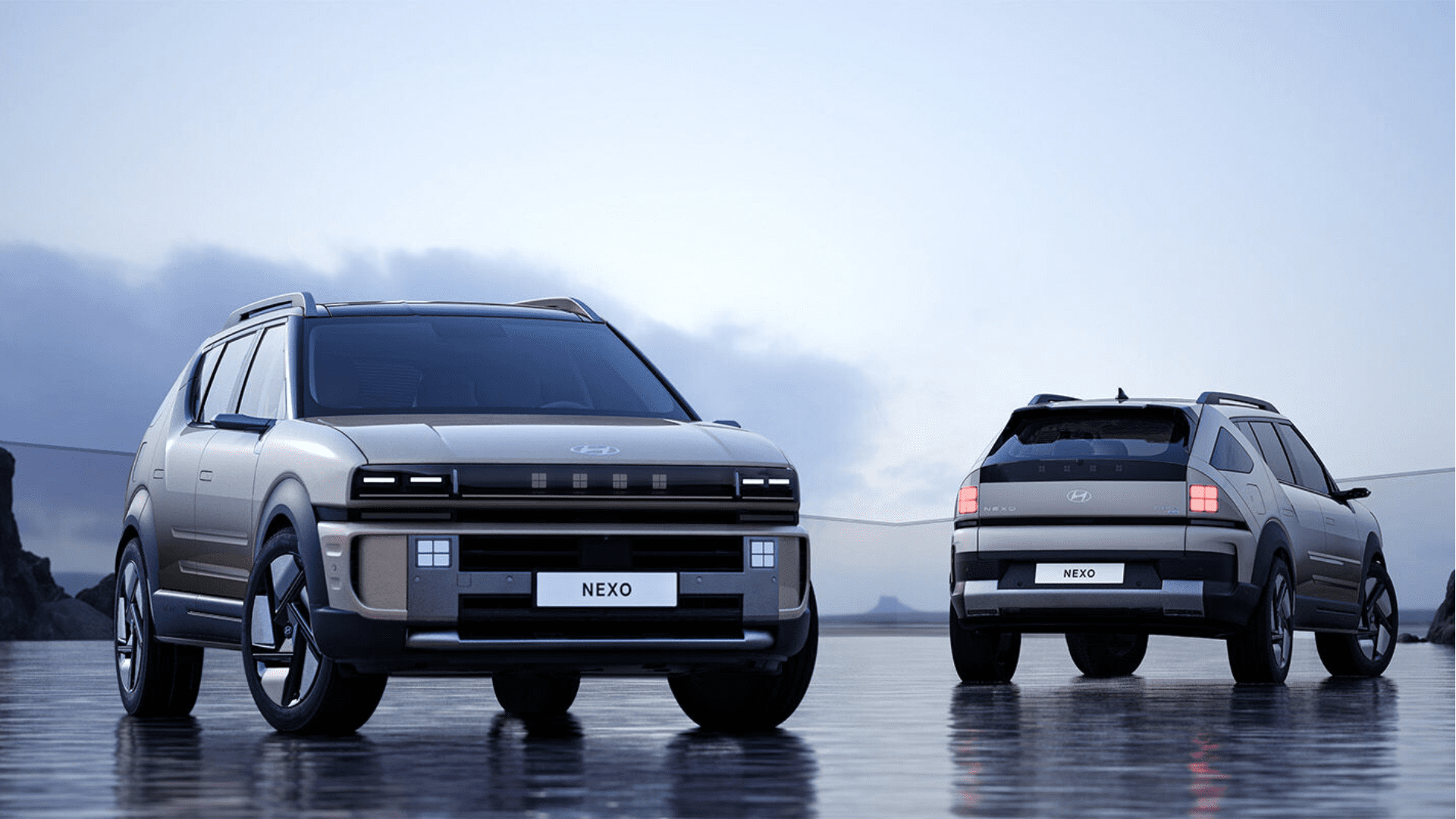Hyundai NEXO and Toyota Mirai: Advancements in Hydrogen-Powered Electric Vehicles
Key Ideas
- Hyundai unveiled the all-new NEXO at the 2025 Seoul Mobility Show, emphasizing its enhanced fuel cell system and power electronics for improved performance and range.
- Toyota also introduced the latest model of the Mirai, highlighting its plug-less design that generates electricity from hydrogen, aiming to reduce emissions.
- Despite the positive advancements in hydrogen-powered FCEVs, the sales continue to face challenges related to pricing and availability of hydrogen fueling stations.
- Experts remain optimistic that as hydrogen production and demand increase, the cost of hydrogen fuel will decrease, making it a more viable and cleaner alternative in the future.
Hyundai recently unveiled the all-new NEXO, a hydrogen-powered electric vehicle, at the 2025 Seoul Mobility Show. The NEXO boasts a more spacious cabin, new fuel-cell electric vehicle exterior design, and improved steel strength, with a significant focus on its hydrogen capabilities. The advancements in the fuel cell system and power electronics aim to enhance performance and range without compromising interior space. Hyundai's commitment to increasing charging capabilities and range is evident, with a target of a 435-mile range from a five-minute charge.
In a similar vein, Toyota introduced the latest model of the Mirai, an FCEV that operates by generating electricity from hydrogen without the need for plugging in. The Mirai's fuel cell system combines stored hydrogen with oxygen, producing only water as emissions. These innovations from Hyundai and Toyota signify the ongoing development of hydrogen-powered FCEVs in the automotive industry.
While hydrogen is recognized as a cleaner energy source, challenges persist, such as the high cost of hydrogen fuel, which averages $175 per fill-up in California. However, industry experts remain hopeful that with increased hydrogen production and demand, the cost of fueling with hydrogen will decrease over time. Additionally, the availability of hydrogen fueling stations remains limited, with the U.S. having only 54 stations as of 2024, mainly concentrated in California and Hawaii. Despite these challenges, the advancements in hydrogen-powered vehicles from Hyundai, Toyota, Honda, and Mercedes-Benz indicate a promising future for sustainable transportation powered by hydrogen.
Topics
Production
Environmental Impact
Sustainability
Market Trends
Automotive Industry
Electric Vehicles
Energy Efficiency
Fuel Cell Technology
Future Technology
Latest News
